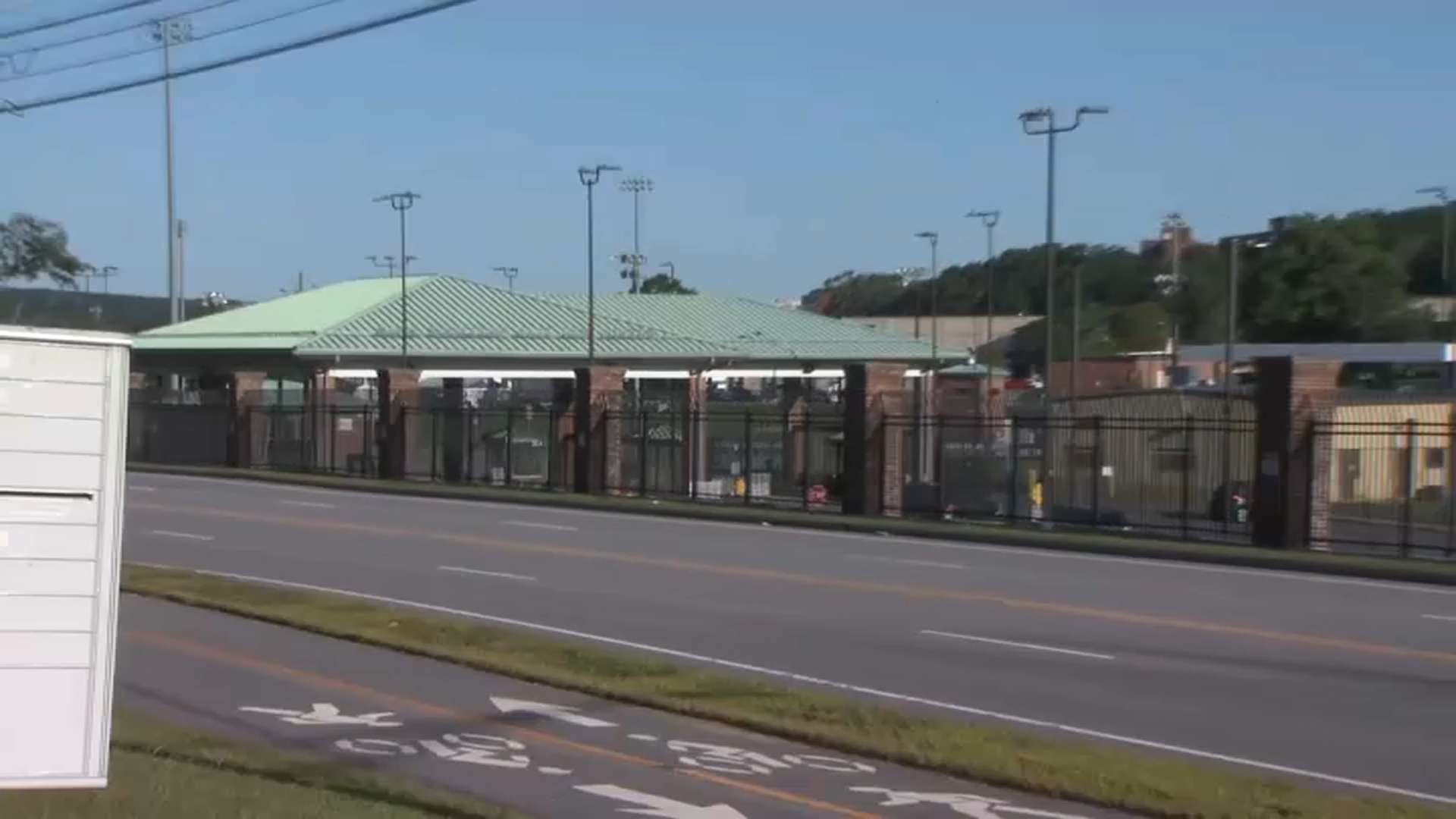People living at the tiny structures on Rosette Street in New Haven have a limited amount of time left at the site after the city sent a cease and desist notice.
On Tuesday, at least eight residents of the tiny structures arrived at New Haven’s City Hall to give back the notice given by the city.
Mark Coville, the founder of the Amistad Catholic Worker Community, spoke out against New Haven Mayor Justin Elicker for not doing more to help the group obtain an extension by the state.
“The only person in this city that is making this decision and the only one frankly, that I’m aware of that agrees with it, is the mayor himself,” Coville said.
Get top local stories in Connecticut delivered to you every morning. >Sign up for NBC Connecticut's News Headlines newsletter.
The original 180-day temporary operation permit was issued in January by the State of Connecticut to allow the tiny structures to be brought up to the state building code.
Elicker responded to Coville’s claims that the mayor has the authority to do more, but is unwilling to.
“I don’t have the power over the state building code, I can’t just snap my fingers and change the law here, we have to follow the state law and the state building code and the state building code has been very clear and the state building office has been very clear that they are not going to renew this permit.”
Local
The state’s administrative services provided a response via email regarding the future of the tiny homes.
Temporary structures and membrane structures are only allowed for a180-day period. Anything erected longer than that must meet the State Building Code for permanent structures. Temporary structures still need to conform with the structural strength, fire safety, means of egress, accessibility, light, ventilation and sanitary requirements of the code. These structures do not meet the structural strength thresholds for wind and snow loads, foundation requirements, energy efficiency requirements for thermal insulation, fire resistance rated walls, and sanitary provisions. Once the permit expires, the temporary structure and membrane structures must be taken down.
People have a reasonable expectation that all structures they enter are safe. Building codes are put in place to ensure just that. It is the responsibility of municipal building officials to assure that all structures are up to code and are safe environments for all occupants.
While we sympathize with the residents of these temporary structures, we understand that the city Housing and Homeless Services department stands ready to assist with longer-term options
There is not an exact date on when the power will be shut off for the tiny structures.



